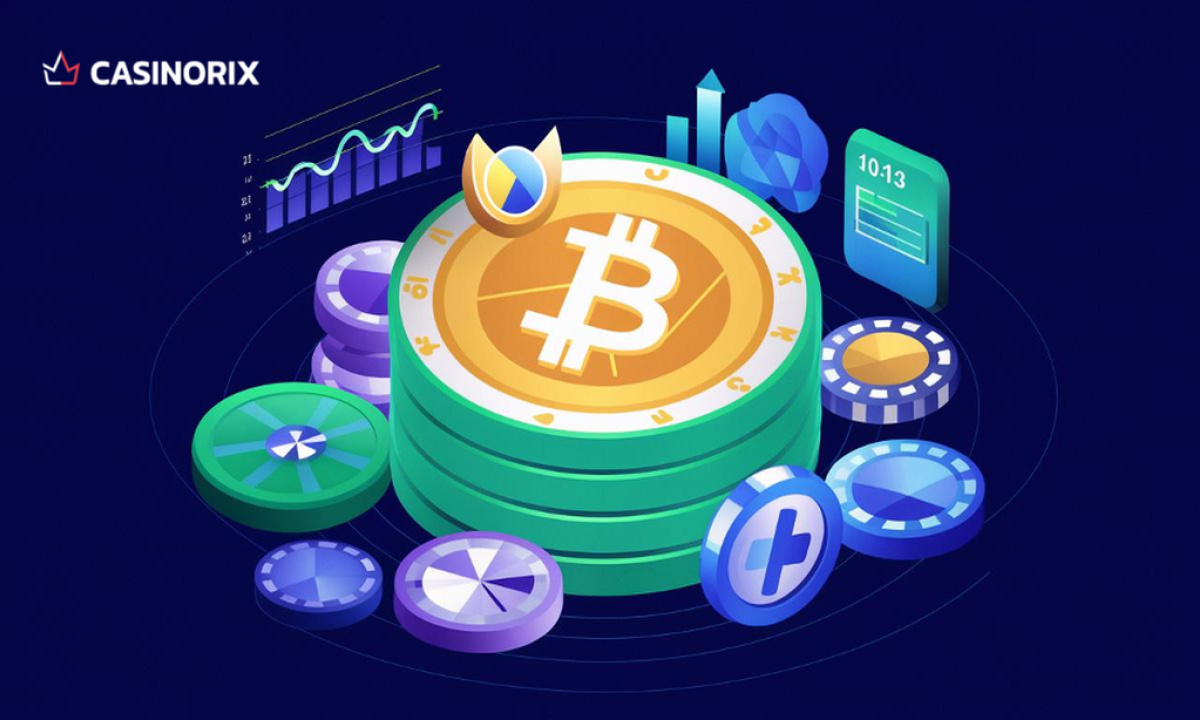Capturing Moments
Your go-to blog for photography tips and inspiration.
Rolling the Dice with Privacy Coins: A Gamble Worth Taking
Explore the thrilling world of privacy coins! Discover why investing in these digital assets could be your best gamble yet.
The Rise of Privacy Coins: What You Need to Know
The rise of privacy coins has sparked significant discussion in the cryptocurrency space. Unlike Bitcoin and Ethereum, which are pseudonymous, privacy coins such as Monero and Zcash are designed to enhance user anonymity. These digital currencies utilize advanced cryptographic techniques to obscure transaction details, ensuring that sender and receiver identities, as well as transaction amounts, remain confidential. As concerns over surveillance and data privacy grow, a greater number of individuals and businesses are exploring the benefits of using these specialized cryptocurrencies.
However, while privacy coins offer enhanced confidentiality, they also face scrutiny from regulatory bodies. Many governments are concerned that these cryptocurrencies can facilitate illicit activities due to their untraceable nature. This has led to a complex dialogue about the balance between privacy and security in the digital age. As a user, it is crucial to understand both the advantages and potential risks associated with investing in or using privacy coins to make informed decisions regarding your financial privacy and compliance with local regulations.

Counter-Strike is a highly popular multiplayer first-person shooter game that has captivated gamers since its debut. Players can join teams of terrorists or counter-terrorists in various objective-based game modes. For those looking to enhance their gaming experience, using a cryptocasino.com promo code can provide exciting rewards and bonuses.
Are Privacy Coins the Future of Digital Transactions?
As the digital landscape evolves, the demand for privacy in financial transactions grows increasingly critical. Privacy coins, such as Monero and Zcash, are designed to offer users secure and anonymous transactions, protecting their financial data from prying eyes. This enhanced level of privacy can be especially appealing in a world where data breaches and identity theft are common occurrences. Moreover, as governments and regulatory bodies intensify their scrutiny of traditional cryptocurrencies, individuals may turn to these privacy-focused alternatives to regain control over their personal information and maintain their financial independence.
With technological advancements and an increasing number of merchants accepting cryptocurrency, privacy coins could become a preferred medium for digital transactions. Their unique features, like stealth addresses and ring signatures, ensure that transaction histories cannot be traced back to individuals, providing a safe haven for users who prioritize confidentiality. As consumer awareness grows and the need for privacy in payment methods becomes paramount, it’s evident that privacy coins may hold the key to the future of digital transactions in an increasingly watchful economic environment.
How Privacy Coins Protect Your Financial Freedom
Privacy coins offer a groundbreaking solution for individuals seeking to maintain their financial freedom in an increasingly surveillance-heavy world. Unlike traditional cryptocurrencies, which often leave a trail of transaction data that can be traced back to users, privacy coins like Monero, Zcash, and Dash utilize advanced cryptographic techniques to obscure the details of transactions. This means that the sender, receiver, and amount transacted remain hidden from prying eyes, allowing users to conduct their financial activities without fear of judgment or interference. The rise of these coins indicates a growing recognition of the need for privacy in our financial dealings.
Moreover, embracing privacy coins can empower individuals to take control of their financial destinies. As governments and institutions become increasingly involved in monitoring and regulating financial transactions, having a secure and anonymous way to transact becomes essential for those who value autonomy. Privacy coins not only protect individual users from potential misuse of their financial data but also foster a decentralized economy where participants can interact freely. This enhanced level of privacy is crucial for safeguarding against identity theft, financial censorship, and other forms of economic control that threaten individual freedoms.